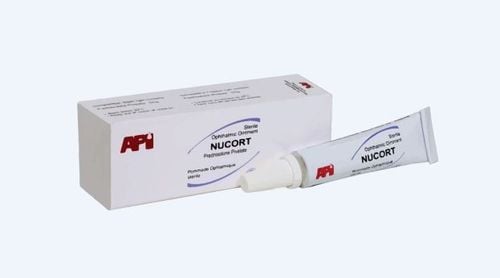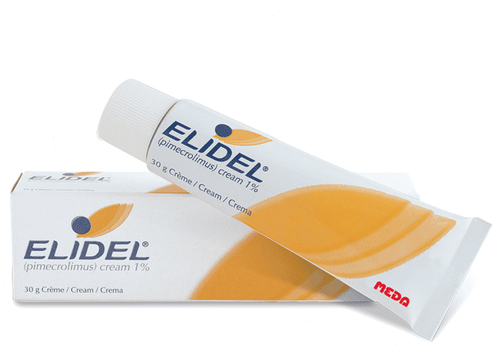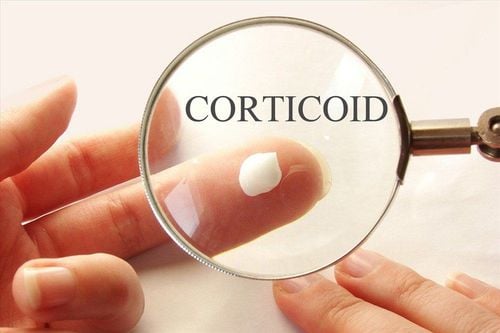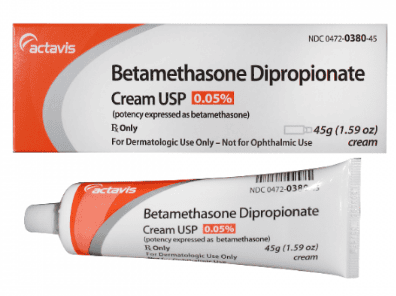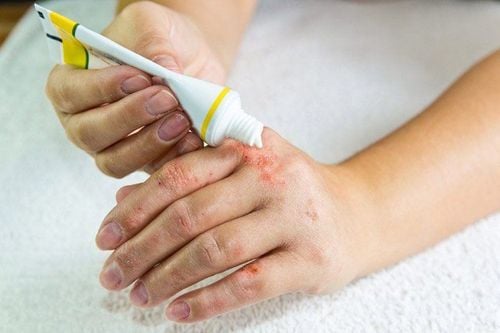This is an automatically translated article.
The article was professionally consulted by Specialist Doctor I Le Thi Thu Hang - Dermatologist - Department of Medical Examination & Internal Medicine - Vinmec Hai Phong International General Hospital. Thu Hang has over 12 years of experience in the field of dermatology.Is atopic dermatitis inherited, atopic dermatitis is contagious is the concern and question of many people. Let's learn about the genetic factors of atopic dermatitis through the following article.
Atopic dermatitis is a chronic, often relapsing inflammatory skin disease. The disease has typical manifestations are pink papules, with blisters, peeling of scales, when scratching, discharge with itching. The disease is common in the folds, face, and wrists.
1. Is atopic dermatitis hereditary?
Atopic dermatitis is largely hereditary. The rate of inheritance of the disease can vary from case to case:If both parents have atopic dermatitis, the rate of having a child with genetic disease is quite high, up to 80% ; If only one parent has atopic dermatitis, this rate is only about 50-60%; If someone in the family has a history of atopic dermatitis but neither father nor mother have it, this rate fluctuates between less than 50%; In particular, identical twins (77%) will have a higher frequency of the disease than fraternal twins (15%). Atopic dermatitis also occurs in patients with asthma and allergic rhinitis. Up to 35% of children with atopic dermatitis will have asthma in their lifetime.
For people whose parents both have atopic dermatitis, the rate of having children with the disease is higher, this rate is also higher when compared to people whose parents have bronchial asthma or allergic rhinitis. Therefore, it can be seen that atopic dermatitis is a specific genetic disease. This is a complex genetic disease, where gene-gene and gene-environment interactions play a role in the pathogenesis of the disease.
Whether atopic dermatitis is inherited is caused by 2 large groups of genes:
Genes coding for epidermal proteins; Genes code for proteins with immune function. In particular, mutations in the gene encoding filaggrin - a protein that plays a role in binding keratin fibers in the process of epidermal differentiation, is one of the factors that increase the risk of atopic dermatitis. Many studies have shown that filaggrin mutations are one of the strongest genetic risk factors for atopic dermatitis, associated with an early-onset form of atopic dermatitis, IgE, when acquired. are often severe, persist into adulthood, and increase the risk of conditions such as allergies, bronchial asthma, and eczema herpeticum.

Bệnh viêm da cơ địa phần lớn là do di truyền học
2. Is atopic dermatitis contagious?
Atopic dermatitis is an injury to the surface of the skin that causes itching, discomfort, redness, swelling, and cracking of the skin. The disease usually occurs in all subjects, including adults and children. When itching, the more the patient scratches, the worse the disease, and can even increase the risk of infection of the wound. So is atopic dermatitis contagious?According to dermatologists, although the disease causes itching and discharge, atopic dermatitis is not contagious. And as mentioned above, atopic dermatitis is a hereditary disease. If you have a family history of the disease, you are more likely to get the disease.
3. Where to check atopic dermatitis?

Bệnh nhân có biểu hiện nghi ngờ của viêm da cơ địa có thể đến thăm khám tại Chuyên khoa da liễu lâm sàng thuộc Bệnh viện Đa khoa Quốc tế Vinmec Times City
The specialty will undertake the diagnosis, treatment, prevention and rehabilitation of diseases of the leprosy and dermatology specialties (skin and its appendages including hair, hair, nails and sweat glands). ... In addition, the specialty also undertakes sexually transmitted diseases.





